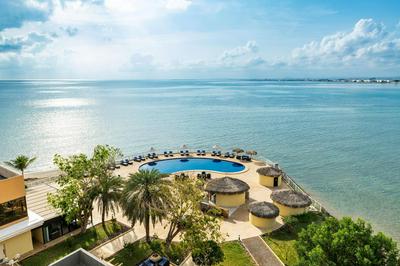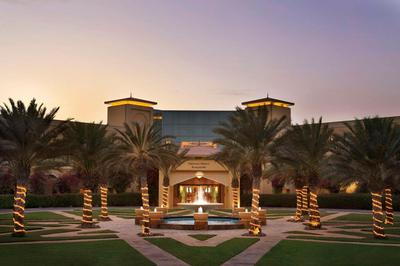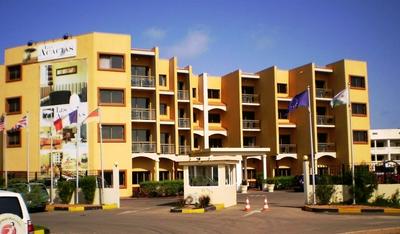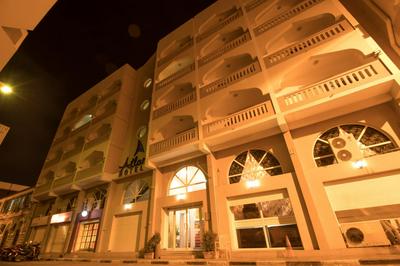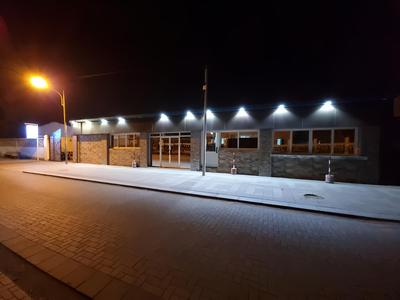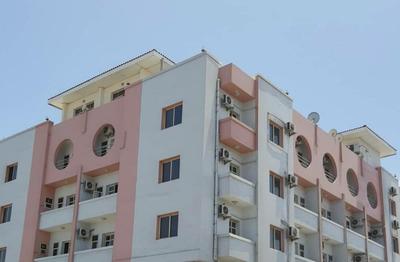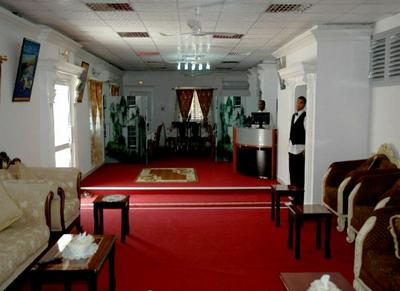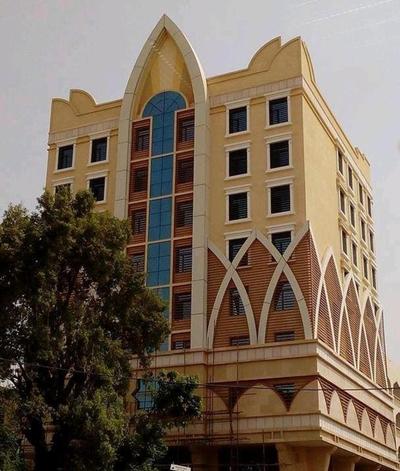When to visit Djibouti during the year?
Djibouti has a hot desert climate, characterized by very high temperatures and minimal rainfall. The ideal time for visitors falls between November and March, when temperatures are somewhat cooler, making outdoor activities more enjoyable. Summer months, particularly June to August, can be extremely hot, often exceeding 40°C (104°F). During this time, families tend to visit the coastal areas, especially the beaches around Tadjoura and Ghoubet al Kharab. However, many tourists flock to the capital, Djibouti City, during the winter months to experience cultural festivals and events. In contrast, the rainy season from April to June might deter some travelers, though the landscape does bloom beautifully during this period.
How to get to Djibouti?
Getting to Djibouti is relatively straightforward, with a range of transport options available. The country is well-connected through its main airport and has feasible land routes for those traveling from neighboring countries.
- Main airports: Djibouti-Ambouli International Airport (JIB).
- Major international routes: Direct flights from airports like Charles de Gaulle (CDG, Paris), Hartsfield–Jackson (ATL, Atlanta), Dubai International (DXB), and Addis Ababa Bole (ADD).
- Low-cost airlines: Ethiopian Airlines offers competitive rates.
- Flight times: Approximately 8 hours from Paris, 16 hours from Atlanta with layovers, 4 hours from Dubai, and 2 hours from Addis Ababa.
- Main bus station: Centrale de Djibouti.
- Key routes connect Djibouti City with Addis Ababa and Hargeisa.
- No international train services; however, the Djibouti-Addis Ababa railway connects with Ethiopia.
- Duration: Around 10 hours.
- Main highways: National Road 1 connects Djibouti City to Ethiopia.
- Distances: Approximately 800 km from Addis Ababa.
- Road conditions: Mostly paved but check for travel advisories.
Tourist activities in Djibouti
Djibouti offers a variety of unique tourist experiences, from stunning natural landscapes to rich cultural exhibits. The coastal areas provide excellent opportunities for marine activities, particularly the famous Red Sea snorkeling and diving spots around the Gulf of Tadjoura, where vibrant coral reefs teem with marine life. For historical enthusiasts, the capital, Djibouti City, boasts impressive colonial architecture and the Marine Museum, which showcases the country’s rich maritime heritage.
Outdoor adventurers should not miss the chance to visit Lake Assal, the lowest point in Africa, surrounded by striking volcanic landscapes. Trekking through the rugged mountains of Goda and Day Forest National Park presents an exhilarating challenge, attracting hiking enthusiasts.
For a slice of local life, the bustling markets, rich with spices and textiles, offer an authentic taste of Djiboutian culture. Take a guided tour to explore the local cuisine, with options ranging from street food delicacies to upscale restaurants. Whether you're engaging with the local community or enjoying the breathtaking coastal scenery, Djibouti promises a blend of adventure and culture.
Accommodation in Djibouti
Accommodation in Djibouti ranges from luxury hotels to budget-friendly guesthouses. In Djibouti City, you can find upscale hotels such as the Kempinski Hotel, which offers stunning views and modern amenities, with prices starting around $200 per night. For mid-range options, consider the Acacias Hotel and Hotel L’Escale, where you'll find comfortable stays for approximately $60 to $100 nightly.
In contrast, simpler accommodations, including local inns and hostels, can cost as low as $30 per night. Hostels and local rentals often provide a more authentic experience. Due to the high temperatures, air conditioning is a must in the summer months, and prices may rise accordingly. Booking in advance is advisable, especially during peak travel seasons, to secure the best rates.
Food in Djibouti
The cuisine of Djibouti is a delightful fusion of African, Middle Eastern, and French influences, characterized by bold flavors and aromatic spices. The national dish, ‘skoudehkaris’, is a flavorful rice dish often served with meat and accompanied by local vegetables. Another popular meal is the ‘lahuh’, a type of flatbread that pairs well with stews and salads. For seafood lovers, the coastal areas offer an array of fresh fish and shrimp dishes, making dining out a culinary adventure.
Local drinks include ‘shai’ (spiced tea) and ‘suugo’, a fermented milk drink, popular in many meals. Many restaurants and cafes in Djibouti City offer delicious meals, with average prices ranging from $5 to $20, depending on location and dining style. Street food is also widely available, providing affordable and authentic tastes of Djibouti’s rich culinary landscape.
Important numbers and information
- Emergency Services: Police - 117, Ambulance - 18, Fire Brigade - 18
- Embassy Contacts: U.S. Embassy Djibouti - +253 21 49 20 00
- Airport: Djibouti-Ambouli International Airport (Address: B.P. 1000 Djibouti, Djibouti)
- Currency: Djiboutian Franc (DJF), accepted methods include cash and credit cards.
- Visa/Passport: Visitors typically require a visa, which can be obtained on arrival or through embassy services.
What to see in Djibouti?
When exploring Djibouti, visitors will find many intriguing sites and attractions that reflect the country’s diverse landscape and rich history. One of the must-visit locations is Lake Assal, famed for its stunning beauty as Africa's lowest point, where the striking blue waters contrast dramatically with the white salt flats surrounding them.
Djibouti City is home to key historical sites, including the Old Djibouti Railway Station and the Governor's Palace, showcasing colonial architecture from the early 20th century. The vibrant markets, particularly the Central Market, provide insight into local life and culture.
Outdoors enthusiasts can visit the Day Forest National Park, known for its diverse flora and fauna, and the Goda Mountains offer scenic views and hiking opportunities. Naturally, no trip would be complete without experiencing the coastal beauty of the Gulf of Tadjoura, which is renowned for aquatic activities such as snorkeling and diving amidst gorgeous coral reefs.
History, geography and climate
Djibouti has a rich and complex history, shaped by its strategic location at the entrance of the Red Sea and the Gulf of Aden. Historically inhabited by the Afar and Somali peoples, Djibouti became a significant port for international trade. The country gained independence from France in 1977, marking a milestone in its national identity and political journey.
Geographically, Djibouti features a mix of deserts, mountains, and coastal landscapes. The country includes highlights such as the active volcanic landscapes in the Goda Mountains and the pristine beaches along the Gulf of Tadjoura. The climate is hot and arid, with average temperatures ranging from 30°C (86°F) to 40°C (104°F) during the day, peaking in the summer months, while the cooler season from November to March offers a respite.
Population and culture
Djibouti has a population of approximately 900,000, making it one of the smallest countries in Africa. The majority of the population belongs to the Somali and Afar ethnic groups, contributing to a diverse cultural mosaic. The official languages are French and Arabic, with Somali widely spoken among the population.
Islam is the predominant religion, influencing the local customs, traditions, and holidays such as Eid al-Fitr and Eid al-Adha, which are celebrated with fervor across the country. Djiboutian culture is known for its warm hospitality, and local traditions are evident in music, dance, and art. Festivals often highlight traditional crafts and folk performances, providing a vivid representation of the country's heritage and communal spirit.

